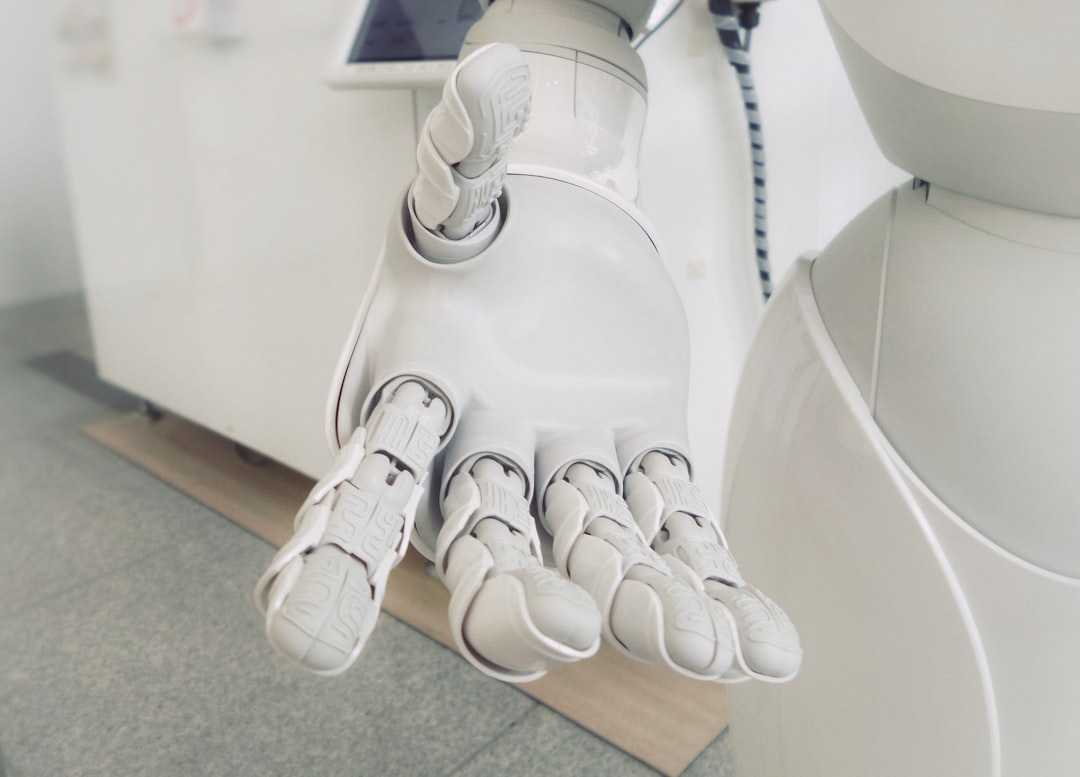Unlocking the Future: The Role of Artificial Intelligence in Modern Healthcare
How AI is Revolutionizing Patient Care and Medical Research

The Rise of AI in Healthcare
Artificial Intelligence (AI) has moved from being a futuristic concept to a present-day reality, significantly impacting various sectors, including healthcare. The integration of AI in healthcare is not just about automating tasks; it’s about enhancing the capabilities of medical professionals and improving patient outcomes. From predictive analytics to personalized medicine, AI applications are vast and transformative.
Enhancing Diagnostic Accuracy
One of the most promising applications of AI in healthcare is in diagnostics. AI algorithms, particularly those based on deep learning, have shown remarkable accuracy in diagnosing conditions such as cancer, heart disease, and neurological disorders. These AI systems analyze vast datasets, including medical images and patient records, to identify patterns that might be missed by human eyes. This not only speeds up the diagnostic process but also reduces the chances of human error, leading to more accurate and timely diagnoses.
Predictive Analytics for Proactive Healthcare
Predictive analytics is another area where AI is making a significant impact. By analyzing historical data and identifying trends, AI can predict potential health issues before they become critical. For instance, AI models can forecast outbreaks of diseases, allowing healthcare providers to take preemptive measures. Additionally, AI can predict patient outcomes based on their medical history, enabling personalized treatment plans that cater to individual needs.
Streamlining Administrative Tasks
AI is also revolutionizing the administrative side of healthcare. Automation of routine tasks such as scheduling, billing, and claims processing can save time and reduce costs. Natural Language Processing (NLP) technologies are being used to transcribe and analyze clinical notes, making it easier for healthcare providers to manage patient records and comply with regulations. This allows medical professionals to focus more on patient care rather than administrative burdens.
Personalized Medicine and Treatment Plans
Personalized medicine is another frontier where AI is making significant strides. By analyzing genetic information along with other health data, AI can help develop customized treatment plans that are tailored to an individual’s unique genetic makeup. This approach not only enhances the effectiveness of treatments but also minimizes potential side effects. AI-driven personalized medicine is paving the way for more precise and effective healthcare interventions.
Advancing Medical Research
AI is proving to be a valuable tool in medical research as well. It can process and analyze vast amounts of data much faster than traditional methods, accelerating the pace of research. AI algorithms are being used to identify potential drug candidates, understand disease mechanisms, and even design new medical devices. This has the potential to bring new treatments to market more quickly and efficiently, ultimately benefiting patients worldwide.
Ethical Considerations and Challenges
While the benefits of AI in healthcare are substantial, it is essential to address the ethical considerations and challenges associated with its use. Issues such as data privacy, algorithmic bias, and the need for transparency in AI decision-making processes must be carefully managed. Ensuring that AI systems are used ethically and responsibly is crucial to maintaining trust and maximizing the positive impact of AI in healthcare.
The Future of AI in Healthcare
The future of AI in healthcare looks promising, with continuous advancements and increasing adoption across the industry. As AI technologies evolve, they will likely become even more integrated into healthcare systems, offering new solutions and improving existing processes. The ultimate goal is to create a more efficient, effective, and patient-centered healthcare system where AI enhances the capabilities of human professionals and leads to better health outcomes for all.




